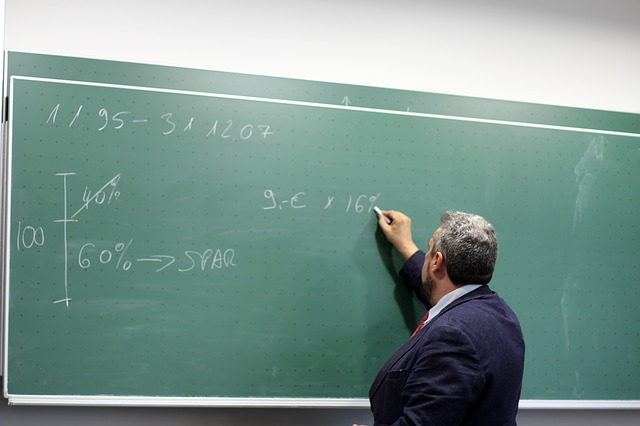In Mount Healthy City School District Board of Education v. Doyle, 429 U.S. 274 (1977), the Supreme Court ruled that the lower courts erred in applying the wrong legal standard in a First Amendment lawsuit filed by a public school teacher who alleged he was fired for protesting a teacher dress code in a radio interview.
Teacher alleged he was fired for talking to a radio station about a teacher dress code
High school teacher Fred Doyle had been involved in several disruptive incidents, one of which included sending a copy of a school memorandum involving a dress code for teachers to a radio station. Doyle alleged that in response he was denied tenure because of his First Amendment-protected activity in speaking to the radio station. Both a federal district court and the Sixth Circuit Court of Appeals had ruled in Doyle’s favor on First Amendment grounds. On appeal, the U.S. Supreme Court vacated the lower court decision and sent it back down to the lower courts to apply a different standard.
Court said it was not clear if his tenure denial was related to his First Amendment-protected conduct
Justice William H. Rehnquist wrote the unanimous Court’s decision, and in it observed that Doyle’s First and Fourteenth Amendment claims did not apply to tenure denial but that Doyle might “nonetheless establish a claim to reinstatement if the decision not to rehire him was made by reason of his exercise of constitutionally protected First Amendment freedoms.” Citing Pickering v. Board of Education (1968), Rehnquist observed that deciding whether the speech of a government employee was constitutionally protected “entails striking a balance between the interests of the teacher, as a citizen, in commenting upon matters of public concern and the interest of the State, as an employer, in promoting the efficiency of the public services it performs through its employees.”
Rehnquist argued that Doyle had a right to communicate with the radio station, but he also argued that the lower court record was unclear about whether this communication had been essential to the decision to deny Doyle tenure. In other words, Rehnquist indicated that the school may have had legitimate reasons to terminate Doyle, regardless of his comments to the radio station.
The Mount Healthy decision remains significant in First Amendment jurisprudence because it offers defendants the same-decision defense — that they would have made the same decision even in the absence of the First Amendment-protected expressive conduct.

